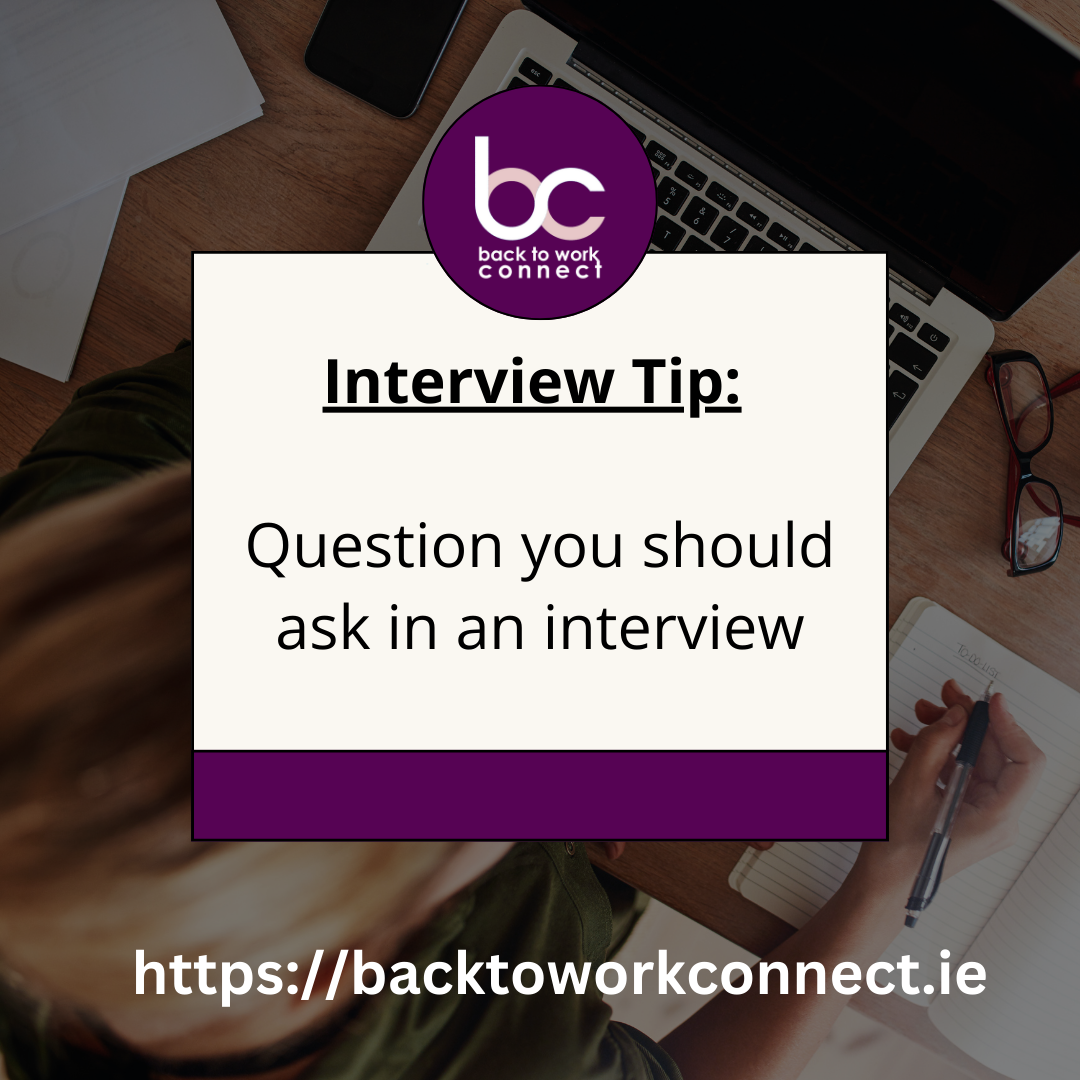Talking about a career gap in an interview can be challenging, but with the right approach, you can address it in a way that demonstrates your honesty, self-awareness, and suitability for the position. Here are some steps to help you discuss a career gap in an interview:
Be Honest:
The most important thing is to be truthful about the reason for your career gap. Avoid trying to cover it up or provide false information.
Prepare an Explanation:
Before the interview, think carefully about the reasons for your career gap. Common reasons include personal health issues, family responsibilities, pursuing further education, or a period of unemployment. Be prepared to discuss the specifics of your situation.
Keep it Concise:
When explaining your career gap, be concise and to the point. You don’t need to provide a lengthy backstory unless the interviewer asks for more details.

Focus on the Positive:
Emphasize what you gained or learned during your career gap. For example, you might have improved your skills, volunteered, or undertaken a personal project. Show that you used the time wisely and remained committed to your professional development.
Relate It to the Job:
Connect your career gap to the job you’re applying for. Explain how the skills and experiences you gained during that time can be an asset to the role. Be clear about how the gap will not hinder your performance in the position.
Showcase Your Readiness:
Convey your enthusiasm for returning to work and your readiness to contribute to the company. Explain how the role aligns with your career goals and how you plan to hit the ground running.
Address Concerns Proactively:
If you anticipate that the interviewer may have concerns about your career gap, such as a potential skills gap, address those concerns proactively. Explain how you plan to update your skills or how you’ve stayed current in your field during the gap.
Practice your Response:
Rehearse your explanation for the career gap before the interview. This will help you deliver it confidently and concisely.
Be Confident:
Maintain a confident and positive demeanor while discussing your career gap. Confidence can go a long way in reassuring the interviewer.
Be Open to Questions:
Expect follow-up questions from the interviewer and be prepared to answer them honestly. This may include questions about your work history, skills, or references during the gap.
Remember that career gaps are relatively common and not necessarily a negative aspect of your professional history. What’s most important is how you present yourself, your qualifications, and your eagerness to contribute to the company. A well-prepared, honest, and positive response can help you address a career gap in a way that enhances your chances of success in the interview.





